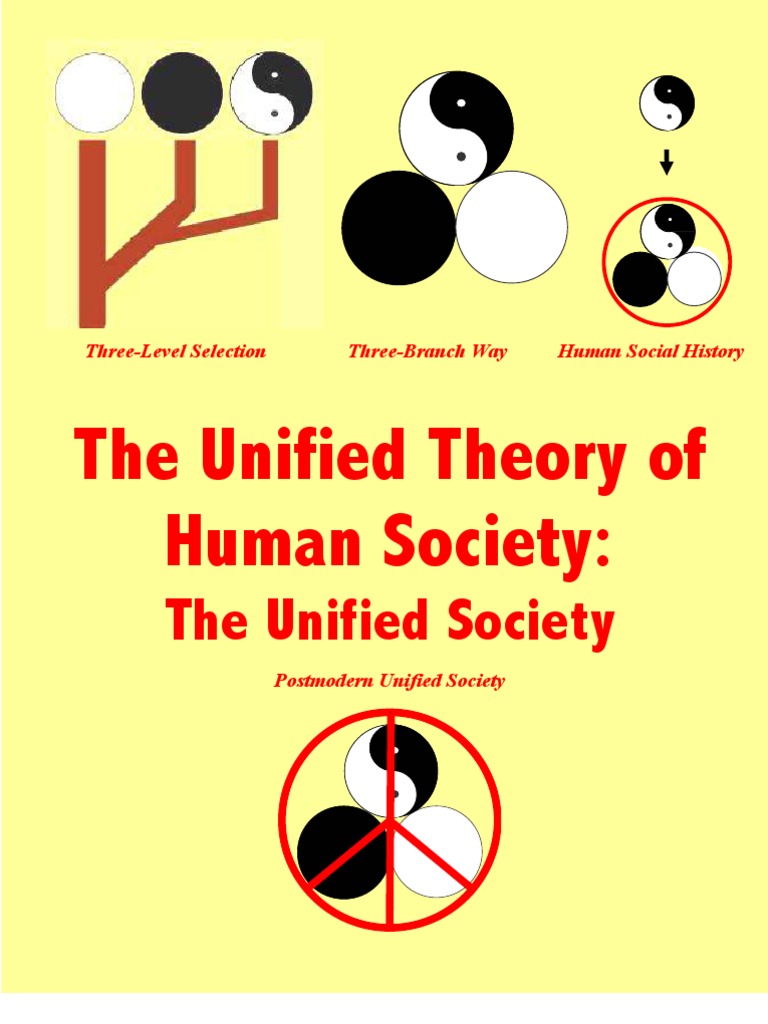The Bahá’í teachings invite individuals to embark on a profound journey toward the creation of a unified society, with the genesis of this transformative endeavor occurring within the familial unit. Indeed, the home serves as a microcosm of society at large, encapsulating the principles that can either sever or bind communities together. To explore the essence of these teachings, it is imperative to understand the paramount importance of harmonious relations, the cultivation of virtues, and the promotion of diversity within the household.
At the very foundation of Bahá’í teachings is the principle of unity. The teachings assert that humanity is fundamentally one, and it is in acknowledging our shared essence that we may start to overcome the barriers that divide us. However, such awareness must first flourish within the intimate environment of the home. By fostering environments that emphasize compassion, understanding, and love, families cultivate the very essence of unity, preparing individuals to extend these virtues beyond their thresholds.
One of the most significant aspects of Bahá’í teachings is the emphasis placed on justice—justice not only in the external world but also within the family structure. When families foster equitable practices—embracing shared responsibilities or recognizing each member’s unique contributions—this cultivates a formative understanding of justice. Such practices instill within individuals a commitment to fairness and a desire to propagate these ideals to larger societal constructs.
Additionally, promoting virtues such as patience, empathy, and kindness within the home environment acts as a catalyst for personal development. The teachings encourage families to engage in regular discussions that reflect on moral virtues and their applications in everyday life. This dialogue not only empowers children to model these virtues but also establishes a framework within which all family members can thrive. The implications of these habitual discussions extend well beyond the familial unit; children raised in environments suffused with such values are better equipped to introduce and embrace these qualities within their communities.
The concept of a unified society also encompasses the acknowledgement and celebration of diversity—a principle many Bahá’ís hold near and dear to their hearts. Homes that are vibrant tapestries of various cultures, beliefs, and backgrounds serve as exemplars of acceptance and inclusion. It is through these varied interactions that individuals learn to appreciate different perspectives, thereby cultivating a broader understanding of humanity as a whole. This principle starkly contrasts with the inclination toward homogeneity that often exists in society. Thus, a multi-faceted home environment can uniquely prepare individuals to tackle the complexities of a diverse world.
Furthermore, fostering an atmosphere of service within the home is instrumental in nurturing a sense of responsibility toward the greater world. When families recognize the importance of altruism, they instill a collective responsibility in their members that extends beyond mere familial bonds. Engaging in acts of service creates opportunities to connect meaningful personal interactions with broader societal challenges. The teachings encourage families to identify needs within their communities and to take action together to address these, thus solidifying their role as active participants in the collective pursuit of a global society that embodies justice and equity.
Moreover, the Bahá’í emphasis on education cannot be overlooked in this discussion. Education, both formal and informal, equips individuals with the tools necessary to confront the myriad challenges facing society today. However, it is the education that occurs within the home that often lays the groundwork for lifelong learning. Families that prioritize intellectual and spiritual development—as per Bahá’í guidance—embolden their members to think critically about societal issues and contribute elegantly to the ongoing discourse on unity. In this regard, learning becomes a shared familial endeavor, reinforcing bonds while multiplying the knowledge shared among its members.
Importantly, the spiritual aspect of Bahá’í teachings enhances the discourse surrounding the harmonious home. Acknowledging the divine presence within the family dynamic can, in itself, transform the way individuals interact with one another. The recognition of a higher purpose provides individuals with a framework that encourages gratitude, compassion, and integrity. In such an environment, the inevitability of conflict is addressed not merely as a challenge, but as an opportunity for growth and understanding. Each confrontation—when navigated with an attitude of love—can reinforce familial unity while preparing members to handle discord within wider societal contexts.
In conclusion, the Bahá’í teachings elucidate that the creation of a unified society commences at home. By nurturing principles of justice, embracing diversity, building a culture of service, and committing to education—all underpinned by a strong spiritual foundation—families can profoundly impact the fabric of society. The ripple effect of cultivating these values within the home ultimately leads to a more cohesive community. Each individual, empowered by their own familial experience, emerges as an agent of positive change, equipped to contribute to the noble vision of unity that Bahá’í teachings so ardently uphold. As we embark on this transformative journey, we find ourselves not merely in search of unity but entrenched in the very heart of it, creating a legacy of harmony for generations to come.
